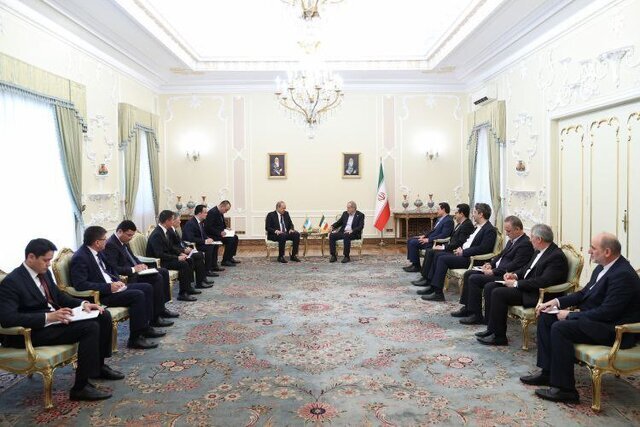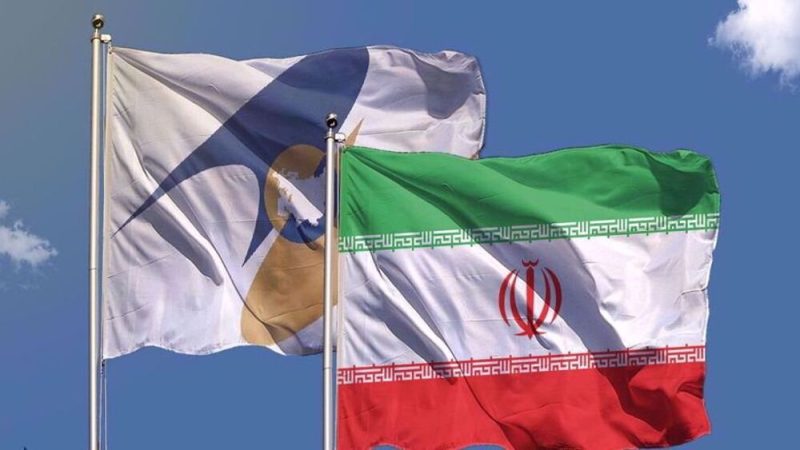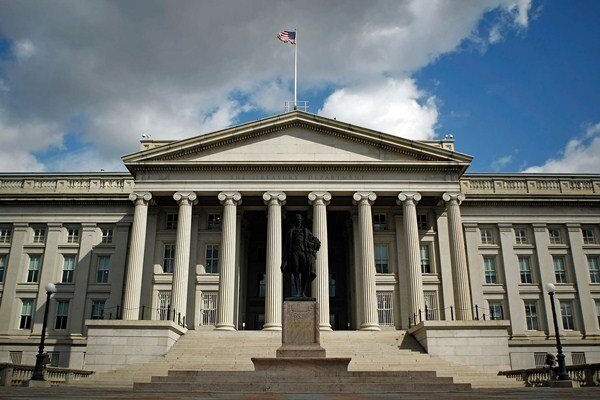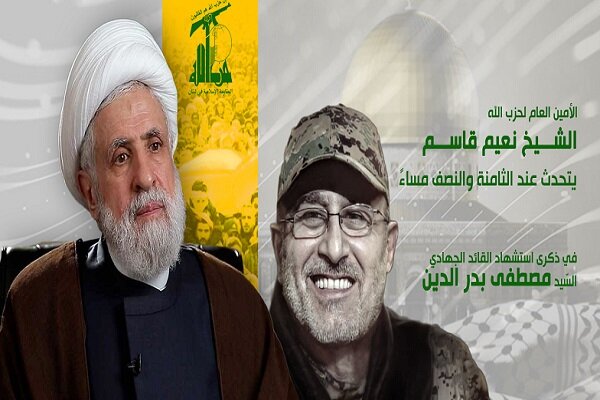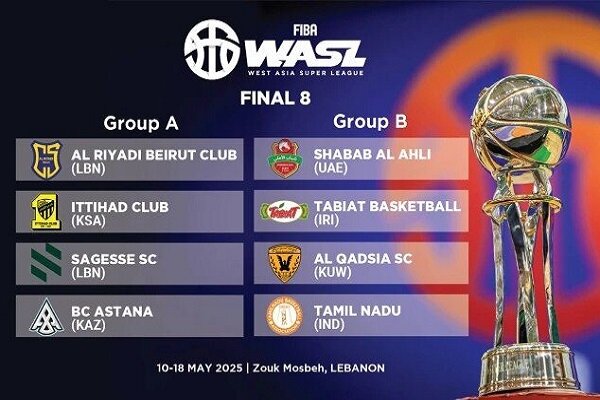Araghchi: Iran, US reached ‘better understanding’ after fourth round of talks
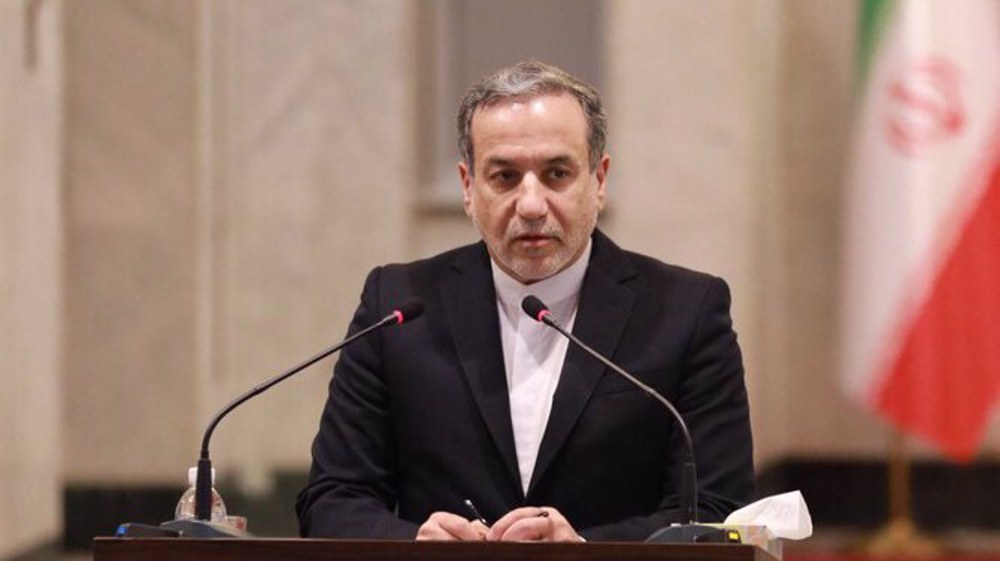
Iranian Foreign Minister Abbas Araghchi says Iran and the United States reached a “better understanding” of each other’s positions, and their stance has become somewhat closer.
Speaking to reporters on Sunday, Araghchi said Iran and the US held more serious discussions about the main points of contention during their latest round of talks in the Omani capital of Muscat.
“The fourth round of discussions was much more serious and candid than the previous three rounds,” he added, noting that the sides moved away from general issues and focused on more “detailed” topics.
Naturally, the negotiations will become more difficult under such circumstances but the talks were “moving forward”, he explained.
Araghchi and US President Donald Trump’s regional envoy Steve Witkoff led the negotiating teams. The talks were mediated by Omani Foreign Minister Sayyid Badr Albusaidi.
The talks followed previous rounds that began on April 12, marking the highest-level contact between Iran and the US since Washington withdrew from a landmark nuclear agreement in 2018 and re-imposed tough economic sanctions on Tehran.
Iran’s top negotiator further said both sides are resolute on the continuation of the talks and agreed to hold a fresh round, but its time and place will be set based on the schedules of both sides.
Araghchi noted that the Omani foreign minister shoulders the responsibility in this regard.
He emphasized that “contradictory” remarks by the American officials would not help the sides achieve progress in the talks.
During the Sunday talks, he said, Iran warned that “such a method will not be beneficial for the negotiations and needs to be revised.”
Araghchi added that Iran is steadfast in its positions and expresses its views with precision while at the same time it refrains from taking different and contradictory stance.
Now, it expects the US to do the same, the Iranian foreign minister noted.
He emphasized that the removal of sanctions and uranium enrichment are two main issues of the talks.
“From our point of view, enrichment is an issue that must definitely continue, and there is absolutely no room for compromise there,” Araghchi pointed out.
“Its [enrichment] dimensions, scale, level, or amount might be subject to certain limitations for confidence-building purposes, for instance, as was done in the past, but the principle of enrichment itself is simply non-negotiable.”
He emphasized that the same goes for the issue of sanctions.
“What we mean by negotiations and what we intend from the negotiations is naturally the lifting of sanctions, which under any circumstances remains one of the fundamental pillars of our negotiating position,” he said.
Speaking on Sunday before departing for Oman, Araghchi once again reiterated that uranium enrichment was a “non-negotiable” right for Iran.
“Uranium enrichment capability is a source of pride and accomplishment for the Iranian nation, achieved at a great cost, including the blood of our nuclear scientists; this achievement is unequivocally non-negotiable,” the foreign minister said.
The comments came after Witkoff, in the latest contradictory remarks by a US official, said that Iran needed to end its uranium enrichment program.
In the lead-up to the Muscat talks on Sunday, Witkoff called for the complete “dismantlement” of Iran’s nuclear program, including key sites in Natanz, Fordow, and Isfahan.
US Secretary of State Marco Rubio and other top officials have suggested Iran must import enriched uranium.


